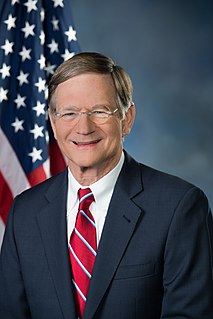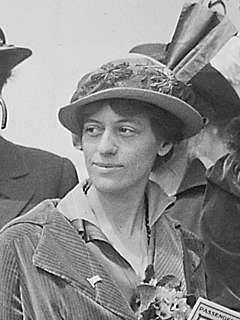A Quote by Tom Perez
The Labor Department's Hall of Honor recognizes men and women - like Cesar Chavez, Helen Keller and the Workers of the Memphis Sanitation Strike - who have made invaluable contributions to the welfare of American workers.
Related Quotes
Through that organization [Community Service Organization], I met Cesar Chavez. We had this common interest about farm workers. We ultimately left CSO to start the National Farm Workers Organization, which became the United Farm Workers. I was very blessed to have learned some of the skills of basic grassroots organizing from Mr. Ross and then be able to put that into practice in both CSO and the United Farm Workers.
Each year, Labor Day gives us an opportunity to recognize the invaluable contributions that working men and women make to our nation, our economy and our collective prosperity. It gives us a chance to show gratitude for workers' grit, dedication, ingenuity and strength, which define our nation's character.
Apparently, union bosses are so distraught about declining enrollments they will stoop to exploiting illegal workers. There is no doubt that this would hurt American workers, who would suddenly face a flooded job market full of cheap foreign labor. It would depress the wages of the American workers and cost them jobs.
Dr. King's last campaign was a labor struggle. Many people are aware that King was assassinated in Memphis in the spring of 1968. Less well-known is what drew him there: solidarity with city sanitation workers, who, without the benefit of union representation, were rising up to protest humiliating pay and deplorable working conditions.
The welfare state is predicate don collecting money from today's workers in order to pay for those who paid in before them. But today's workers don't have enough money to sustain the scheme, and there are too few of them to do so. As a result, virtually every welfare state in Europe, and many American states, like California are going broke.
We have seen numerous instances in which American businesses have brought in foreign skilled workers after having laid off skilled American workers, simply because they can get the foreign workers more cheaply. It has become a major means of circumventing the costs of paying skilled American workers or the costs of training them.





























